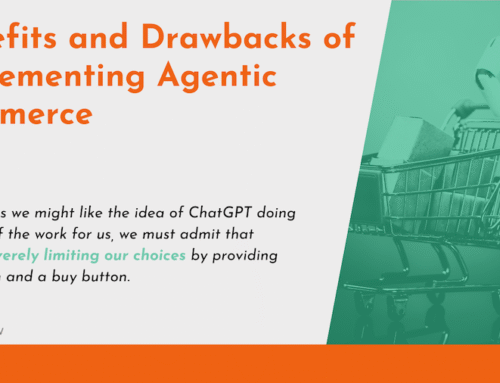Outsourcing – almost everyone is doing it. Research by Mashable has found that 62% of brands are currently using external contractors, a figure that’s grown significantly in recent years. Why is the decision to outsource marketing on the rise? As brands increasingly invest in digital outreach, there’s a new need for specialists. It can be impossible for companies of any size to bring on someone who’s got true expertise in analytics, brand positioning, content marketing, social media, and more. Instead, many organizations are increasingly choosing to hire an on-site generalist – and outsource much of the rest.

As CMO.com highlights, “the decision to outsource a marketing function can be both strategic and tactical.” Ideally, your organization can benefit from higher-quality deliverables or consulting directly from subject matter experts. However, simply making the decision to oursource marketing isn’t enough to guarantee success. There’s certainly a right way to approach this tactic, which is with careful research and consideration.
Understand What Type of Outsourcing You Need
With some rare exceptions, there’s typically two different ways to outsource marketing. CMO.com defines these as “managed services” and “business process outsourcing”. In the first scenario, your entire marketing organization will reside outside your company. In business process outsourcing, you’re working with contractors to receive services ala carte. There’s no question that a combined approach is far and away the most common, allowing brands to maintain some control over their outreach.
How to Get Started

Perhaps the worst way to outsource marketing is to simply start ordering services from contractors without a clear idea of where your strategy is headed, or even worse, who your brand really is. This will result in what thought leader Ann Handley refers to as “random acts of content;” disjointed outreach that will confuse your audience more often than it converts customers.
You should never attempt to ramp up your outreach or expand your marketing department with contractors without a clear brand identity and defined marketing strategy. Having a clear road map in place will allow you to effectively define your goals, set key performance indicators, and receive better results from outsourced marketing. Obtaining expert help with this stage of the process could be the best decision you make – as Content Marketing Institute’s Michelle Linn points out, “it is so easy to get stuck in your own head when planning to execute on your… strategy.” Obtaining help in the planning phase of the process can allow you to receive expert advice on brand positioning, and benefit from an outsider’s perspective on your success and market positioning efforts to date.
Set Measureable Objectives
You’d never hire an in-house marketer without a clear position description or careful screening, so it’s key to outsource marketing with the same care. Review work samples carefully, and ensure you’ve prepared your contractors for success by providing documents like branding standards or a content style guide. Set measureable objectives for each component of your marketing you’ll be outsourcing, and understand your work is far from done. Contractors can require careful training and guidance, and it’s likely worth your time to invest in providing loads of feedback if you’re looking at any kind of long-term relationship.
Be Prepared to Pivot
Making the decision to outsource marketing doesn’t mean the immediate abdication of responsibility. Once you’ve successfully onboarded a consultant or service providers, continually monitor their work to determine the success of their efforts. Expert Daya Mukherjee recommends “always hav(ing) a backup plan” so you’re able to quickly pivot when your contractors don’t reach goals or you decide to change direction.
In the best case scenarios, the decision to outsource marketing will provide you with an opportunity to focus more on your own strategy, branding, and success rate. This ability to research and monitor closely should lead to a continual improvement of your strategy.
Have you decided to outsource marketing? What lessons did you learn along the way?





